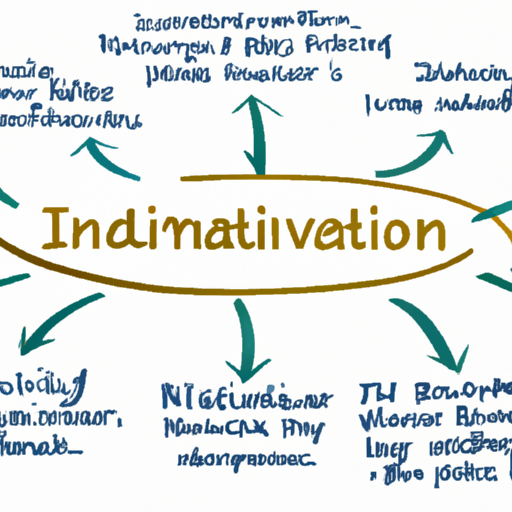Cognitive computing is at the forefront of technological innovation, merging artificial intelligence (AI) with human insights. As businesses seek to improve decision-making and enhance efficiency, the role of cognitive computing becomes increasingly critical.
What is Cognitive Computing?
Cognitive computing refers to systems that learn at scale, reason with purpose, and interact with humans naturally. Unlike traditional computing, which processes information based on pre-defined rules, cognitive systems leverage machine learning and natural language processing to understand and respond to complex data.
The Components of Cognitive Computing
- Data Input: Cognitive systems can ingest data from various sources, analyzing both structured and unstructured information.
- Machine Learning: These systems improve their performance over time by learning from past experiences and new data inputs.
- Natural Language Processing (NLP): Cognitive computing systems can understand and generate human language, making them more intuitive for user interactions.
- Pattern Recognition: They can identify trends and patterns in large datasets, generating insights that are not immediately visible to human analysts.
Applications of Cognitive Computing
Cognitive computing has numerous applications across various industries. Here are a few notable examples:
- Healthcare: Cognitive systems analyze patient data to personalize treatment plans and improve patient outcomes.
- Finance: In finance, cognitive computing helps detect fraud, assess risk, and provide personalized financial advice.
- Customer Service: AI-driven chatbots powered by cognitive computing enhance customer interactions by providing quick and accurate responses.
- Education: Cognitive systems can tailor learning experiences, adapting to individual student needs and pacing.
The Future of Cognitive Computing
The future of cognitive computing is promising. With ongoing advancements in AI and machine learning, we can anticipate systems that will further enhance decision-making, creativity, and problem-solving capabilities across various sectors.
As cognitive computing continues to evolve, it is crucial for businesses to adopt these intelligent systems proactively to remain competitive in an increasingly data-driven world. Embracing this technology not only enhances efficiency but also drives innovation and opens new avenues for growth.
Conclusion
Cognitive computing stands as a testament to the incredible potential of technology to augment human capabilities. By understanding its components and applications, organizations can harness the power of cognitive computing to transform their operations and achieve greater success.
Keywords: Cognitive Computing, Artificial Intelligence, Machine Learning, Natural Language Processing, Intelligent Systems




